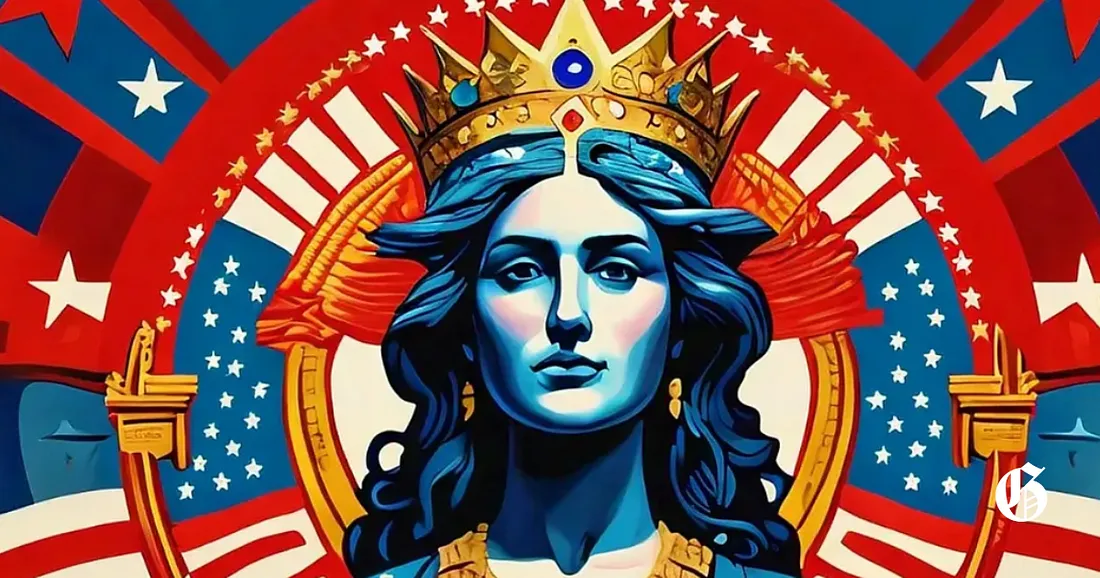How clubocracy is undermining democracy and shaping our politics since its inception?
October 13, 2024

In today’s world, democracy is often regarded as the most just form of governance, where power is vested in the hands of the people. In theory, democracy is a system that listens to the voice of every citizen, a structure designed to serve the common good. Governments are supposed to act in the interest of the people, with elected representatives drawn from society—representatives who, in principle, work for the collective welfare. However, the harsh reality is that modern democracies have transformed into systems dominated by clubs—known as political parties—that control power and decision-making. This transformation has led to what can be described as a “Clubocracy.”
Political parties today function like exclusive clubs, with specific ideologies and objectives that often do not align with the interests of the broader population. These parties are driven by their internal agendas, engaged in fierce competition, and endless debates, which frequently prioritize personal or party interests over the needs of the people they are supposed to represent.
The Exclusive Nature of Political Parties
Political parties, much like private clubs, have rules of membership, loyalty requirements, and adhere to ideas that are not universally acceptable. While theoretically, citizens have the freedom to join any party or run as independent candidates, the reality is starkly different. Those who do not belong to these established political circles often find themselves excluded from real participation in governance.
The political environment, controlled by party elites, creates a system where only individuals connected to these power structures can enter positions of authority. As a result, ordinary citizens are left with limited opportunities to participate in decision-making or influence policy. The system marginalizes anyone who is not affiliated with these political clubs, creating barriers that prevent independent voices from being heard within the democratic framework.
Election as a Battle of Clubs
Instead of acting as representatives of the people, elected officials increasingly see themselves as loyal members of their respective clubs, competing against one another for dominance. Elections, which should be a contest of ideas and public service, have devolved into a battle between political parties. These contests focus more on party rivalry than on addressing the concerns of the electorate.
This party-centric approach undermines the very essence of democracy, which should be about governance, justice, and creating an environment where everyone has an equal opportunity to thrive. Instead, ruling parties or clubs continuously push their peculiar ideologies, often disregarding the public interest. Everywhere, from local councils to national governments, the focus has shifted away from the people, with parties prioritizing their agenda over the common good.
The Government as a Battleground
Under this “Clubocracy,” the government no longer functions as a service institution for the people but becomes a battleground for ideological warfare. Parties in power use their position to propagate their views, expand their influence, and suppress opposition. Policies are rarely designed with the welfare of the people in mind but are instead crafted to strengthen party dominance.
This constant focus on internal party goals rather than the public’s needs results in wasteful governance and leads to increasing instability. Government machinery, which should be focused on improving societal well-being, is instead manipulated to serve party interests. This neglect can be seen in rising public discontent and ineffective governance across many democracies.
The Exclusion of the Unaffiliated
Perhaps the most troubling aspect of “Clubocracy” is how it views those outside its structure. Although every citizen theoretically has the right to participate in democracy, those who are not part of the ruling political parties face significant exclusion. Independent candidates, for example, struggle immensely to compete in elections due to the overwhelming influence of established political parties. Similarly, individuals who do not subscribe to the ideology of any major party often find it challenging to make their voices heard within the system.
The path to political power has become a closed loop, accessible primarily to those already entrenched in the existing political framework. Although democracy promises freedom for all, those outside the established parties are pushed to the margins. Even though they have the right to participate, they are effectively locked out of meaningful political influence.
The Need for Democratic Reassessment
The time has come for humanity to reassess the very concept of democracy. The ideal of democracy was to give power to the people, to allow all voices to be heard, and to ensure governance that serves the collective interest. Yet, under the current system, democracy has devolved into a contest between exclusive clubs, each vying for power at the expense of the common good.
To restore the true meaning of democracy, citizens must reclaim their role in governance. This requires dismantling the structures of “Clubocracy” and ensuring that political power is genuinely representative of the people. Only then can democracy fulfill its promise of justice, equality, and freedom for all.
In conclusion, while democracy is often hailed as the ideal system of governance, the reality is that it has become dominated by exclusive clubs. This “Clubocracy” has eroded the democratic ideals of public service and collective governance. It is time for a collective reawakening, where the focus is returned to the true essence of democracy—a system where every citizen’s voice is valued, and the public interest is paramount.























